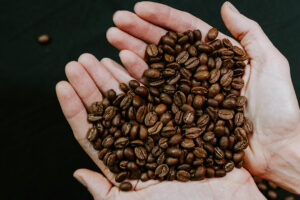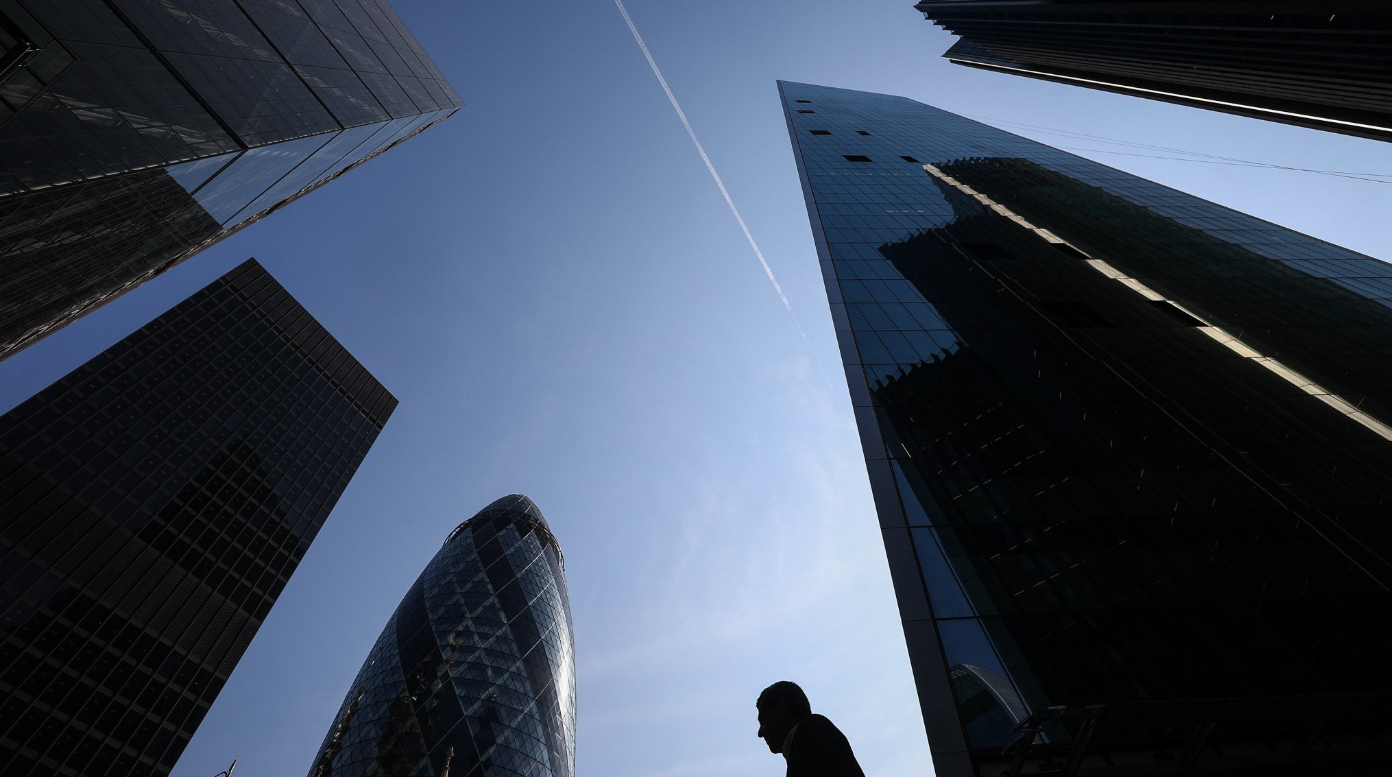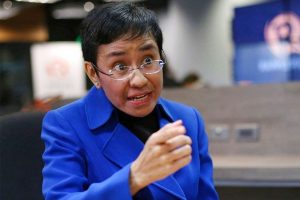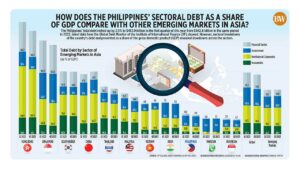Go international

In these days of the Internet 4.0, ChatGPT 2.0 and AI, the global boundaries between and among nations have been blurred. It is no longer possible to just stay as a local advocacy group, but it is easier now to embrace international groups, partners, and collaborators.
Even a Messenger group call or a Viber/WhatsApp group call is now possible, albeit at different times for everyone in various time zones. I just came home from a trip during which I was able to attend meetings via Zoom and Google Meet and Microsoft Teams, like I never left the country. Yes, it may mean a little less sleep or waking up sooner than usual, but the work gets done despite meetings being virtual. We learned that during the pandemic lockdowns!
For organizations, going international and finding foreign but like-minded co-advocates is also much easier now. There are, of course, groups that were meant to be international to begin with:
• BPW or Business and Professional Women started in 1930, way before the internet happened. This is a global organization of women in professions and business who all push for women’s empowerment, which was founded along with the UN Women Program of the United Nations. Almost anywhere you go in the world, you are bound to find a chapter or a federation of BPW. We have our local chapter of BPW-BGC, recently reorganized and soon to welcome new members among our accomplished professional and businesswomen communities.
• Women Corporate Directors International (WCDI) is the world’s largest membership organization and community of women corporate board directors, with members in 76 countries. WCD members serve in around 8,500 public and private boards. We are happy to be in the Philippine Chapter, NextGen Organization of Women Corporate Directors or NOWCD (www.nowcdphils.com), which was founded in 2021. Together, we all push for diversity in the board room to help companies become profitable and sustainable. We have peer-to-peer sessions and learn from experts from multinational companies as well as non-profits.
• The International Women’s Coffee Alliance or IWCA (www.womenincoffee.org) is present in 46 coffee-producing and consuming countries, and we work towards making women in the coffee value chain empowered to do business across the world. It matters a lot to the small-scale farmer who can get her produce sold to big companies, without the usual barriers. Coffee is traditionally a man’s world, but that is changing now because of groups that band together like IWCA.
• The ASEAN Coffee Federation or ACF (www.aseancoffee.org) was formed in 2013 after initial meetings in Pattaya, Thailand and Pakse, Laos in 2010 and 2012. Today, we are a proud member representing the Philippines as Philippine Coffee Board, Inc. (www.philcoffeeboard.com) since the association’s inception. With this group, we advocate for ASEAN coffee to be recognized and promoted as the new frontier of coffee, long dominated by Central and South America and Africa as global suppliers of coffee. Today, Vietnam and Indonesia are among the Top 5 coffee producers of the world with Vietnam as No. 1 in Robusta coffee production. The smaller producers, like the Philippines and Myanmar, are doing well in specialty coffee, like Liberica, and Fine Robusta. Even if we are small, we have access to learning and trade opportunities because of this affiliation. And the Philippines is being recognized as a coffee producer, joining the coffee tastings along with the giants. Soon, we will be able to export, too.
• Then there is the ASEAN Women Entrepreneurs Network (AWEN) or the ASEAN-Business Advisory Council. Though AWEN is not yet registered even after nine years since its foundation, it is just choosing between Indonesia or Malaysia, maybe even the Philippines, to establish its legal structure. In the Philippines, the Philippine Women’s Economic Network (PhilWen) (www.philwen.org) has gladly taken the job of representing AWEN as a conduit for donor funds with much success.
Though we are familiar with advocacy and civic groups like the Rotary Club and Lions, today there are groups for every specialty product or service, and a more granular approach to civic work and advocacy is being done.
The important work to be done is proper registration of the entity, having a Secretariat and a powerful website. People just go through LinkedIn, Google, and now even ChatGPT to find out more information about their favorite cause and the groups behind the advocacies. In ACF, we find that Singapore is a good place for regional registration as it is a fast and efficient process. Malaysia is also a favorite for its more affordable cost to maintain a non-profit organization. I would also raise my hand for the Philippines as a one-stop shop for registration, maintenance, and even as a place to get your website going and to get writers to manage your social media content.
Why am I writing about international groups? Well, one has to collaborate to move the industry. There are regionally shared concerns, for example, the promotion of electric vehicles or sustainable tourism. You cannot think of one country in a silo. Rather, you find special interest groups in neighboring countries to help you navigate the policies of ASEAN and even global practices, if not legislation.
Usually, it starts with a group of like-minded people who will call themselves a regional council, with or without government blessing. Soon, they will formalize and register their group so they can be able to solicit funds and projects around the region or beyond. But collaboration is key. These regional associations are safe from changes in government administrations because they think like an international, not a local, body.
So, if you are interested in spreading your advocacy, and learning from like-minded people with expertise in the field you have chosen, be open to forming regional or international groups. Or affiliating with established non-profits. We did this with Slow Food International. We have not formed a legal entity as Slow Food Manila, but we are all members of the international body as a Slow Food community based in Manila. It works well, depending on the chosen reputable and organized international community, such as Slow Food (www.slowfood.com).
Go find your international partners to further your cause or join any of those I have already mentioned and have had experience in.
Go international!
This article reflects the personal opinion of the author and does not reflect the official stand of the Management Association of the Philippines or MAP.
Chit U. Juan is the co-vice-chair of the MAP Environment Committee. She is president of the NextGen Organization of Women Corporate Directors (NOWCD), president of the Philippine Coffee Board, Inc., and founder of ECHOstore Sustainable Lifestyle. She is a member of the global Slow Food community promoting good, clean, and fair food.




